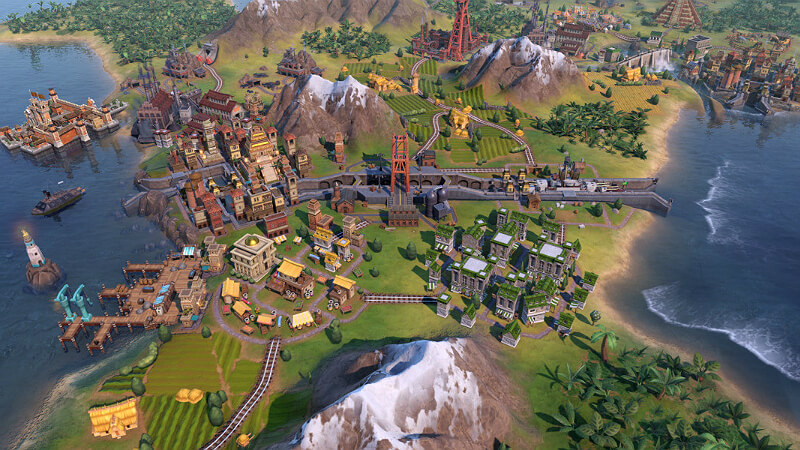

In the long run only some state north of the Danube, nearer the center of the wholly German land, could hope to assume the leadership. It could not be realized around the greatest state, Austria, whose archduke was the nominal emperor and in his own territories ruled more Slavs and Hungarians than he did Germans. The devastations of that war were equalled or surpassed only by those the Nazis have brought upon Germany today or have wrought with their own hands.

This was the Germany Napoleon overran (1806–13) and that, two centuries earlier in the Thirty Years’ War (1618–48), had been overrun by Spain, France, Denmark, Sweden, and the armies of a so-called German emperor, in Vienna.
#Civ 6 least warlike free
There were hundreds of regional divisions and loyalties-duchies and counties, and a score or more free cities like Hamburg, Frankfurt, and Lübeck. Those six centuries did not bring about a Germany but only the Germanies.

Succeeding members of that fatuity wore it for 600 years until Napoleon in 1806 rudely knocked it off their heads. The crown of the Holy Roman Empire-whose subjects were mostly Germanic-passed to the Austrian Hapsburgs. The dream was vain although the longing for unity was real. The legend long persisted that this truly great ruler slept in the caverns of Kyffhaüser Mountain and would awaken some day to restore the lost unity and greatness of Germany. The last German-Roman emperor with any semblance of national acceptance, Frederick Barbarossa, died on a crusade to the Holy Land in 1190. Then Otto and his successors let the possibilities of German unity slip away while they fought in Italy to gain the vain distinction of being crowned by the pope as emperors of a new “Holy Roman Empire.” Nearly a thousand years ago a Saxon duke called Henry the Fowler and his son Otto I battered the other German duchies into a kind of subordination. Tribal lands became duchies and counties, which in turn divided and multiplied. The dream of unityįor hundreds of years the Germans had the vision but not the reality of. Of the great ones, Germany traveled the longest road. Every nation in Europe has taken centuries since then to attain unity. When Charlemagne’s empire fell, after his death in 814, Europe showed dimly the lines of modern national divisions. Trier on the Moselle, Cologne on the Rhine, and Vienna on the Danube were outposts on Rome’s northern frontier.Ībout 800 A.D., Charlemagne, whose capital was Aachen, pushed the frontiers of his empire temporarily as far as Berlin. But that part of Europe where Germany now lies was never brought under the civilizing rule of Rome. The Romans brought their law and language into France and Spain. If we look at it the way Germans have looked at it since Bismarck’s day, we will understand better the problem of their re-education. The answer to why the German nation could put its faith in force and try to make enslavement of its neighbors the solution of its international relations lies in large part in German history, especially the history of the last one hundred years. The basic fact to be remembered is that there were in Germany no ancient traditions of self-government, constitutions, parliaments, or free press to oppose him.

Many reasons have been offered to explain Hitler’s rise to power. A despotism that would have been unthinkable in Norway, Holland, England, or the United States was accepted by the masses of Germans and in the end they defended it to the death. Then the great masses readily submitted to minority rule by gangster methods. The liberals first were suppressed or exiled, the labor unions liquidated and the churches-both Catholic and Protestant-defamed. In the adult population it was a little different. That brief period may account for the fanaticism of the youths who had no other tutors. German faith in German might was only in part the result of twelve years of education in tyranny and brutality under Nazi rule. Such things are based on the way a people think and what they have been taught-not only about the last twenty-five years but about centuries of their history. Something bigger than rewritten textbooks and reorganized schools is needed to change a nation’s prejudices and opinions. You have to ask yourself how you are going to bring a whole nation to think differently about itself and its place in an orderly world. When you talk of re-educating a whole nation like Germany you need to know something about how the Germans got the way they are.


 0 kommentar(er)
0 kommentar(er)
